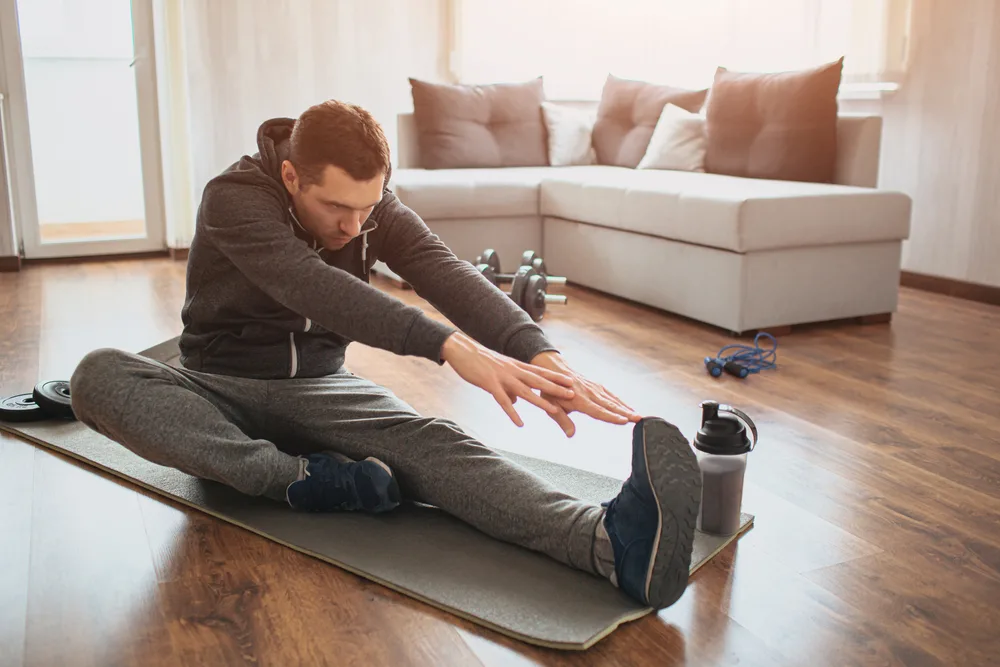


The dawn of a new year symbolizes a fresh start. A chance to redefine your path and embrace positive changes. It is a good time to prioritize your physical and mental health. This could mean making a choice to get help for alcohol abuse or reaffirming your commitment to a life of sobriety. As the calendar turns, it allows you to adopt new habits and routines that will make you feel great about yourself.
While New Year’s resolutions and recovery goals aren’t always easy to stick to, they are definitely worth the effort. Breaking free from the crutches of addiction offers a renewed sense of purpose and empowerment. It sets the stage for a healthier, happier life.
SMART goals are Specific, Measurable, Achievable, Relevant, and Time-bound. This goal-setting framework ensures your goals are actionable and set you up for success. SMART goals are:
Some good examples of SMART goals are:

Identify situations, people, or places that tempt you to drink or use. Once you have, develop a coping mechanism to avoid them proactively. For example, if certain friends or family members trigger cravings, limit contact or reschedule outings. Or if bars, parties, and other high-risk environments make you crave substances, opt for sober-friendly activities like attending concerts, going to the movies, or joining a club centered around your favorite hobby.
The same principle applies to your emotions. Cravings often arise during times of stress, anger, or sadness, so you want to learn healthy coping mechanisms like talking to a trusted friend, journaling, mindfulness meditation or deep breathing.
Action Plan
Exercise has many health benefits even in addiction recovery. Experts believe regular exercise can serve as a healthy stand-in for substance abuse. That’s because substances and physical activity work on the same brain parts. They both activate the reward center, which triggers the release of feel-good hormones like dopamine and serotonin.
As a result, exercise can help curb cravings, ease withdrawal, improve sleep, and replace triggers. It also strengthens your mind and body, helps with weight loss, and facilitates stress relief, which is essential in maintaining long-term sobriety.

Examples of exercises that can help include cardio or aerobic exercises like running, swimming, light gardening, hiking, and dancing. You can also try strength or resistance workouts like weightlifting, lunges, push-ups, and some types of yoga.
Action Plan
Boundaries help protect your well-being and maintain healthy relationships. And it doesn’t need to be complicated; it can be as simple as saying "no" to parties, potentially risky behaviors, or even things you hadn’t planned for.
For example, if you're having difficulty striking a work-life balance and a colleague asks you to take on an additional task, it's okay to say, "I appreciate the opportunity, but my plate is full right now. I won't be able to take on any more projects." Or, in the case of a romantic relationship, you could say "I value our time together, but I also need some time alone to recharge. I hope you understand".
You can also allocate specific time for self-care activities, whether reading a book, taking a long bath, cleaning your house, or going for a walk. Communicate to others that this time is non-negotiable for you.
Action Plan
Joining a support group connects you with people who understand your struggles and celebrate your victories. Look for support groups specific to your needs, whether a general sobriety group, one focused on a particular substance or even one tailored to your age or background. Examples include Alcoholics Anonymous (AA), Narcotics Anonymous (NA), and online forums and communities dedicated to recovery. Building relationships with loved ones is equally essential for a robust support system.
Action Plan
Doing activities you enjoy can distract you from cravings, boost your mood, and build a fulfilling life beyond alcohol or drugs. Consider exploring new hobbies that align with your interests and provide alternative sources of enjoyment and fulfillment. This could include making art, cooking, playing a musical instrument, or joining a recreational sports league.

Maintaining a recovery journal can be a powerful tool for self-reflection and progress tracking. It allows you to document your journey, celebrate your achievements, and identify areas for improvement.
Action Plan
A positive outlook arms you with the mental strength you need to recover from relapses, setbacks and unavoidable obstacles that arise in your recovery journey.
Action Plan
If you're finding it challenging to overcome addiction or if the strategies and tips mentioned earlier aren't providing the support you need, it may be time to seek additional professional help. More Than Rehab has a team on call, ready to provide the assistance and support you require on your journey to recovery. Contact us today to learn more about addiction treatment at More Than Rehab.


